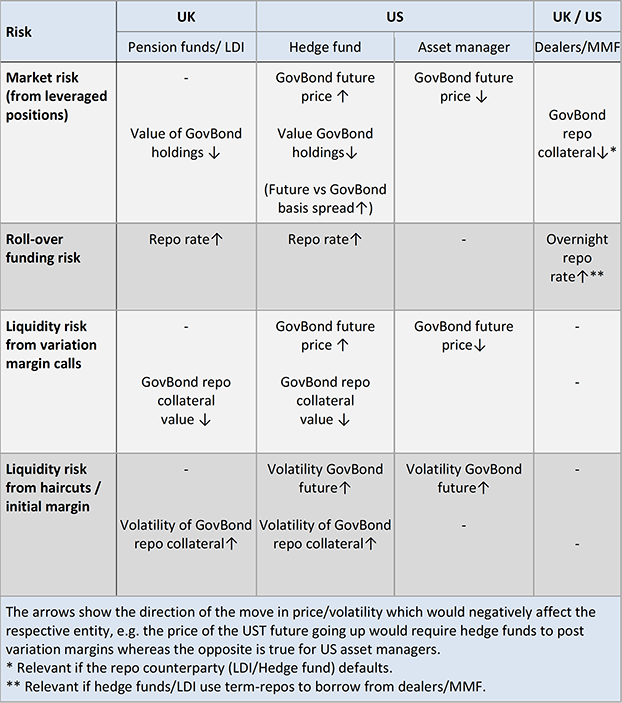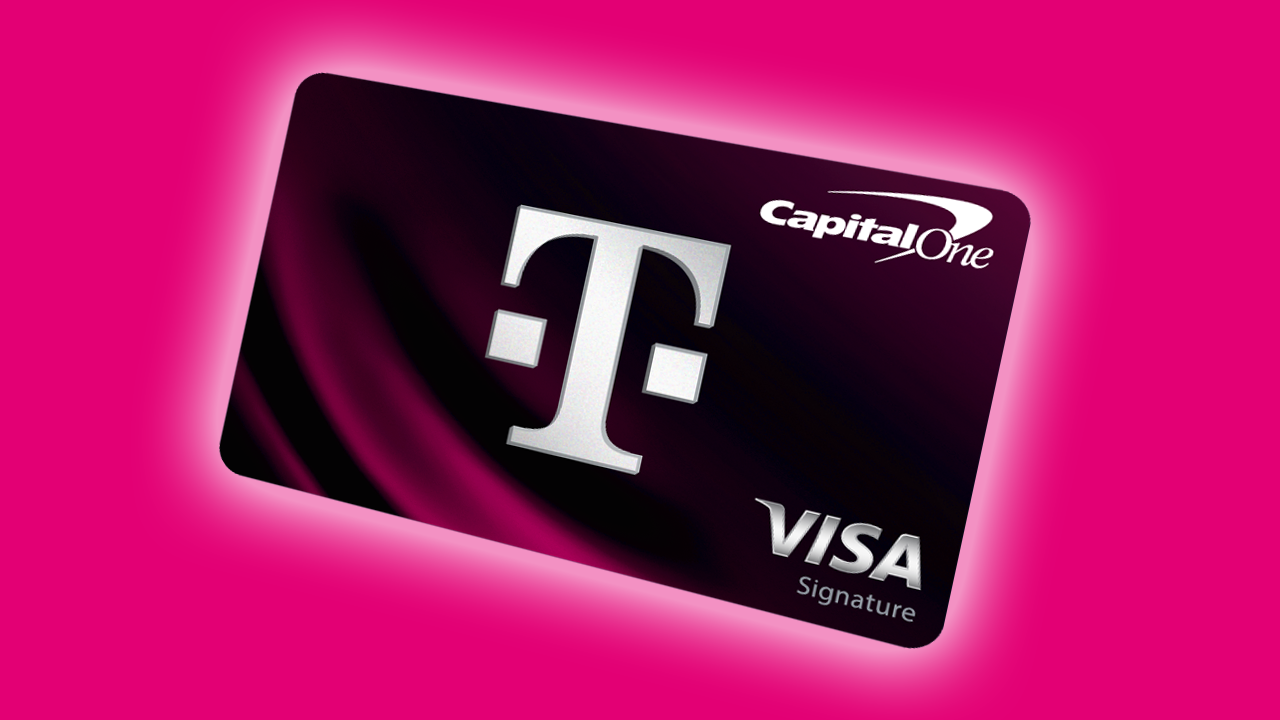Effectively integrating all aspects of your financial picture—from retirement goals to philanthropic wishes—into your estate planning process isn’t always easy. This is especially true when you have accounts and investments at multiple financial institutions, as well as real estate and other assets. Wealth management is an integral part of successful estate planning, helping you locate and catalog your assets while maintaining and growing your wealth—so you can secure your legacy and provide for your family’s future.
While estate planning can be especially useful if you expect to pass on a sizable estate to your heirs or have many assets to consider, estate planning isn’t just for wealthy families, and asset management and estate planning is important for people at all stages of life. In this post we’ll discuss how wealth and asset management services—like those we offer at Union Bank—can help you prepare for the unexpected and grant peace of mind to you and your loved ones during uncertain times.
Investment Management
Investment management can play a pivotal role in estate planning, serving as a tool to grow, preserve, and diversify wealth, maximizing the value of your estate for future generations. By matching specific investment strategies with your unique level of risk tolerance, tax considerations, and legacy goals, investment management can ensure that your estate not only withstands market fluctuations but also effectively fulfills your plans for how to distribute your wealth to your heirs and philanthropic causes.
Here are the key components of investment management:
Wealth Growth:
The goal of investment management is to grow your wealth over time, increasing the resources available for your heirs and philanthropic goals.
Asset Allocation and Diversification:
In order to grow wealth, investment managers will work with you to choose which specific investments to use to diversify your portfolio, picking products across various asset classes. They’ll align your portfolio with your risk tolerance to balance higher-risk and conservative investments, with the aim to increase long-term returns without putting your whole nest egg on the line.
Tax Efficiency:
Additionally, investment managers will seek to structure your investments for tax efficiency, maximizing your estate’s value and reducing the tax burden on both you and your successors.
Legacy Planning:
Investment managers can work with you to align your investment strategy with your legacy goals, such as supporting a particular cause or providing a specific asset to an heir.
Retirement Strategies
When you work with an investment or asset manager, they can help you design a strategy for drawing down your assets in retirement in a way that provides a steady income stream while minimizing taxes and the risk of outliving your savings, so that you have something left to pass onto others.
Accounts that are typically incorporated as part of your estate planning strategy include:
- Individual Retirement Accounts: Traditional and Roth IRAs have different tax benefits. Because withdrawals from Roth IRAs are generally not subject to income taxes, they are the preferred choice for individuals who plan on passing on a portion of their IRA to an heir. An investment manager can help you decide which IRA is right for your situation, or work with you to roll over a traditional IRA into a Roth IRA while minimizing taxes.
- 401(k)s and similar work-sponsored plans: These plans may also be passed onto heirs where they can take a lump-sum distribution or roll into their own accounts. There may be tax implications depending on how the account is passed on, which is why working with an asset manager is important.
- Certificates of Deposit: CDs can be useful investment tools, especially for individuals approaching retirement. They are exceptionally low-risk—returns are guaranteed and unlike market investments they are FDIC insured for up to $250,000.
- Money Market Accounts: Similar to CDs, money market accounts can also be useful for those who are reaching retirement or are already retired. While interest rates may fluctuate, they provide both accessibility to your funds and no market risks.
Personal Trusts
Trusts are a common method of protecting your assets so that they can be passed onto your heirs and are a key part of estate planning for preserving multi-generational wealth. There are many kinds of trusts, and choosing the form that works the best for your financial situation and intentions for your heirs can be complex. An experienced investment manager, however, can help you sort through the differences and determine if a trust makes sense for you, and if so, which one kind of trust would fulfill your needs.
What is a Personal Trust?
A personal trust is a legal arrangement in which a person (the trustor) gives another person or institution (the trustee) the right to hold and manage assets for the benefit of a third party (the beneficiary). You’ll work with a financial professional to create a trust agreement that specifies the rules and conditions under which the assets in the trust are managed and eventually distributed.
Trusts can be used to manage a variety of assets, including deposit accounts, real estate, stocks, valuables and collections, and other types of property.
Why Would Someone Want to Use a Personal Trust?
Trusts take time to coordinate, and can have upfront and ongoing management costs. However, they can have major financial benefits for the beneficiaries, preserving assets and potentially reducing estate taxes in larger estates. Additionally, trusts can help you and your family:
Avoid probate
Assets placed in a trust bypass the probate process, which can be lengthy and costly. This allows beneficiaries to access these assets more quickly after the trustor’s death and can prevent creditors from reducing the value of the estate.
Maintain privacy
Unlike a will, which becomes a matter of public record during probate, a trust can keep the distribution of your assets private. If you are concerned about disputes surrounding the distribution of your assets, trusts can be an effective way of reducing family friction.
Have greater control over asset distribution
A trust allows you to specify when and how your assets will be distributed to your beneficiaries. This can be particularly useful if your beneficiaries are minors or if you want to stagger distributions over a period of time.
Plan for special circumstances
Trusts can be tailored to handle a variety of special circumstances, such as providing for a special needs dependent or managing a family business.
Examples of Types of Personal Trusts
While not an exhaustive list, here are some of the most common forms of trusts:
Revocable Trusts
Also known as living trusts, these can be changed or cancelled by the trustor during their lifetime. If you want to maintain more control of your estate, you may prefer this kind of trust.
Irrevocable Trusts
These trusts cannot be changed or cancelled without the permission of the beneficiary. They can offer greater asset protection and can save money on income and estate taxes—something revocable trusts won’t do.
Charitable Trusts
Charitable trusts are designed to benefit a particular charity or the public good.
Special Needs Trusts
These are designed to provide for a person with special needs without disqualifying them from receiving governmental benefits.
Generation-Skipping Trusts
The trusts allow the trustor to transfer a substantial amount of money tax-free to beneficiaries who are at least two generations their junior, typically their grandchildren.
Estate Services and Settlement
Wealth management and estate planning and settlement are often intertwined. Many wealth management services offer estate planning as part of their offerings. And proper asset management can make estate settlement simple and less stressful for your heirs. Here are few ways that Union Bank can assist with your estate planning and estate settlement:
Ensuring your wishes are fulfilled through clear planning:
Through careful financial planning, including the creation of trusts, we can help ensure your assets are protected and distributed according to your wishes to your beneficiaries.
Acting as executor of your estate:
Union Bank can serve as the executor of your estate, managing all responsibilities associated with this role including satisfying debts, and settling taxes.
Distributing assets:
Union Bank can also oversee the distribution of your assets according to your estate plan, ensuring each beneficiary receives their intended inheritance.
Providing peace of mind:
With Union Bank handling these complex tasks, you and your family can have peace of mind knowing that all estate matters will be dealt with promptly, professionally, and locally.
When is the Right Time to Start Estate Planning?
Because we never know what is in store for us, it’s never too early to begin estate planning—or too late. However, there are certain circumstances, milestones, or life-changing events that can serve as a precedent to plan your estate or update your plan. These could include:
- Owning, purchasing, or selling property
- Being married/in a partnership or getting married
- Having children or grandchildren
- Inheriting assets or receiving a windfall
- Getting a divorce (or an heir getting a divorce)
- A death or other change of circumstance with a listed heir
- Retiring or changing careers
- Starting or selling a business
The most important aspect of estate planning is to ensure that your current plan matches your current financial picture and life circumstances, as well as those of your heirs.
How Union Bank Can Help You Prepare Your Estate
At Union Bank, our wealth management and estate planning services can help individuals and families to create strategies to build and protect their assets and ensure a sustainable legacy for generations to come. From Investment Management Services to Estate Services and Personal Trusts, we offer comprehensive planning options to simplify the process for both you and your heirs.
Whether you’re seeking wealth management advice for retirees, business owners, new parents, or newly weds, we can help. Reach out to the Union Bank Wealth Management Team or visit one of our branches in Vermont and Northwestern New Hampshire today to collaborate with a professional asset manager today.
Publisher: Source link











